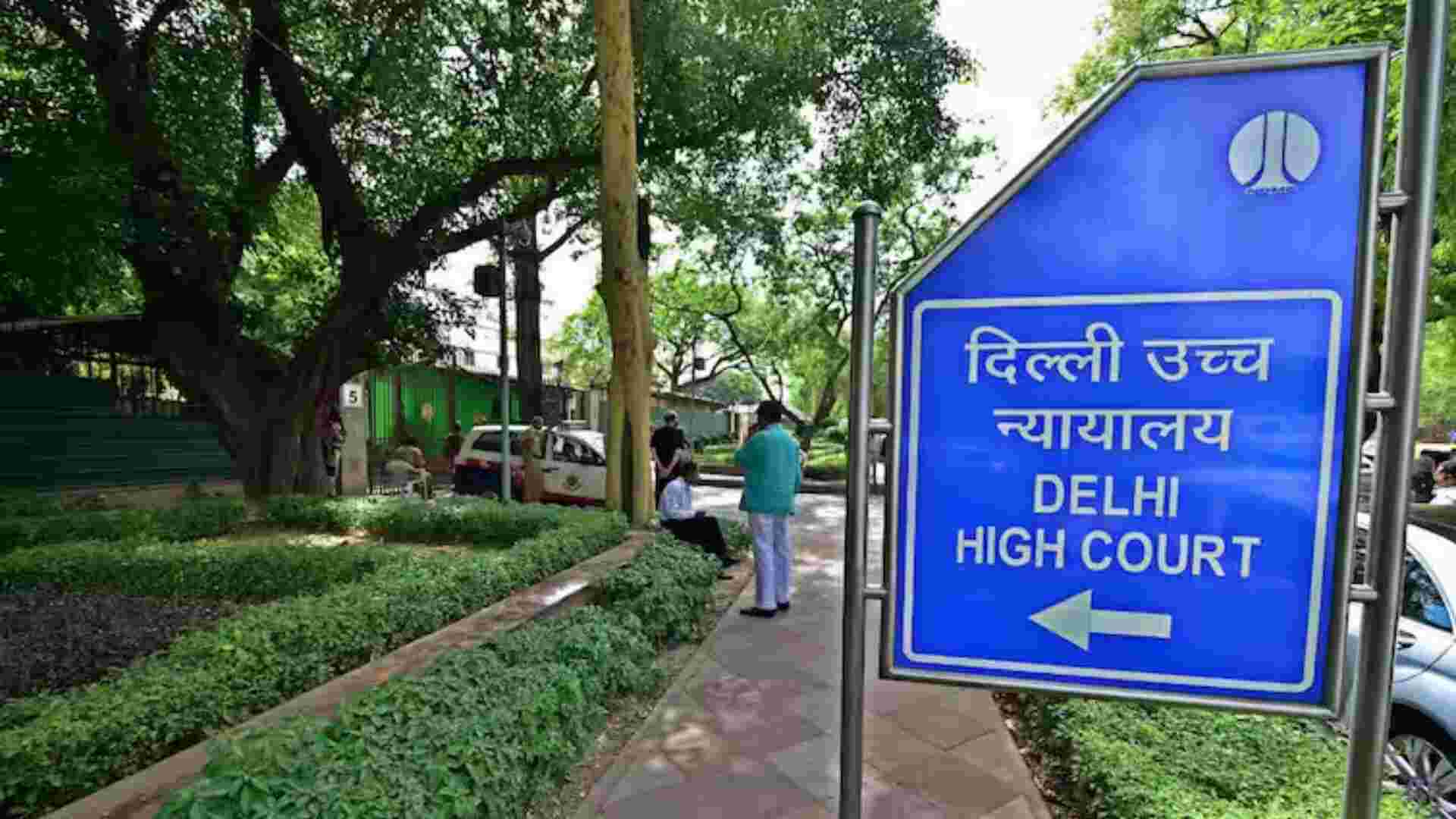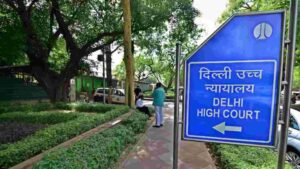The Delhi High Court recently took judicial notice of the highest temperature of 52.3 degrees Celsius ever recorded in Delhi. It warned, “It is not far to see the day when this city may be only a barren dessert if the present generation continues an apathetic view on the deforestation.”
During the course of hearing a number of petitions asking for guidance on the preservation of Delhi’s considered woods, Justice Tushar Rao Gedela made the statement.
“Judicial notice is taken of the fact that as recent as May 30, 2024, the official temperature recorded in Delhi was 52.3 degrees Celsius. It is not far to see the day when this city may be only a barren desert, in case the present generation continues an apathetic view on the deforestation,” Justice Gedela said in the order passed on May 31.
A committee known as the Internal Department Committee was established in April with Justice (Retd.) Najmi Waziri as its chairwoman by the High Court to oversee the preservation and administration of Delhi’s declared forests.
During the hearing, Amicus Curae Advocate Gautam Narayan argued that once this Court issued an order, the infrastructure and other facilities needed for effective administration and the learned chairperson’s discharge of duties had to be followed as soon as possible without getting bogged down in red tape.
The court accepted the arguments put out by Amicus Curiae and declared that it could not tolerate a scenario in which the learned chairperson is unable to carry out their duties due to a shortage of transportation, secretarial, or support staff, or even office space.
“However, rather than directing the Department to provide staff in a diverted capacity, it is considered appropriate to direct the Department to pursue the matter in all earnest, and in no case shall the approval be delayed beyond June 15, 2024,” the high court said.
It further said that Consequent to the said approval being granted by the competent
authority, the Infrastructure Development should, in all earnest be completed within the next 15 days thereafter.
It further stated that since the next hearing date is already set for July 29, 2024, it is anticipated that all of the committee’s and the learned chairperson’s requirements would be completed and in full working order prior to that date.
The bench also approved Aditya N. Prasad, the advocate,’s proposal to rename the committee.
The court said that instead of referring to the committee as the “Internal Departmental Committee,” it should be called the “Special Empowered Committee” (in short, “SEC”).
Another reason for renaming would be that the name “Internal Departmental Committee” gives a picture as if the Committee and the learned Chairperson is within the Department’s purview, whereas it actually is not, it added.
“This Court is clear in its mind that the ‘Special Empowered Committee’ is a committee that has independent reference powers as conferred on it and will discharge its responsibilities accordingly,” the bench said.
The concerned officers of the involved departments are instructed to attend all meetings as and when called upon, unless there are exceptional circumstances that prevent them from doing so, the court reiterated.
Nonetheless, the bench stated that the knowledgeable chairperson ought to be informed beforehand if they are unable to attend the specific meeting.
The bench stated that, in light of Delhi’s deteriorating climate, the aforementioned stringent steps are solely intended to guarantee that the Committee fulfills its obligations and takes seriously any references made to it.
By July 10th, a compliance report with the directive is requested. The primary issue was resolved on July 29.














